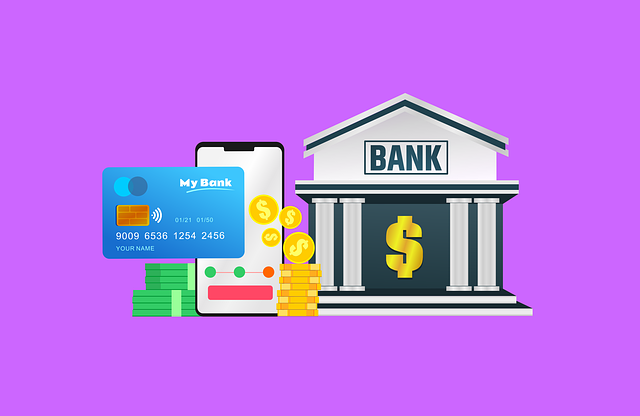The COVID-19 pandemic significantly impacted car title loan default statistics as economic uncertainty and job losses strained borrowers' financial capabilities, leading to increased delinquencies and defaults. Lenders introduced measures like loan extensions, but despite these efforts, defaults rose. This crisis prompted a shift towards alternative lending methods that prioritize borrower well-being during tough economic times.
The COVID-19 pandemic significantly impacted financial landscapes worldwide, and car title loan default statistics offer a critical window into these changes. This article delves into the shifting dynamics of default rates during the crisis, exploring how economic uncertainties exacerbated existing financial struggles and led to an increase in car title loan defaults. We analyze repayment behaviors and discuss the broader implications for this niche lending sector.
- Changes in Default Rates During the Pandemic
- Financial Struggles and Car Title Loan Defaults
- Impact of Economic Uncertainty on Repayment Behavior
Changes in Default Rates During the Pandemic

During the pandemic, car title loan default statistics revealed a significant shift in borrower behavior and financial struggles. As economic uncertainty surged, many borrowers found themselves facing unforeseen challenges that impacted their ability to repay their loans on time. This led to an increase in default rates across various lenders, reflecting the broader financial strain caused by COVID-19. The rapid spread of the virus and resulting lockdowns disrupted many individuals’ lives, causing job losses and reduced income, making it increasingly difficult to meet loan obligations.
While some lenders offered loan extension options to provide relief to struggling borrowers, same day funding and immediate financial assistance became even more crucial for those in desperate need. Despite these measures, default rates continued to rise, underscoring the significant impact of the pandemic on personal finances and the challenges faced by car title loan borrowers during this turbulent period.
Financial Struggles and Car Title Loan Defaults

The COVID-19 pandemic has significantly impacted various aspects of financial life, and car title loan default statistics reflect this dramatic change. Many individuals have faced unexpected financial struggles due to job losses, reduced work hours, or the need for emergency funding during these unprecedented times. As a result, the ability to repay short-term loans, such as car title loans, has been compromised.
These challenges have led to an increase in default rates for car title loans, where borrowers are unable to meet their loan obligations. The use of a vehicle’s title as collateral means that when payments aren’t made, lenders may repossess the vehicle. This situation is particularly concerning for those who rely on their vehicles for daily transportation and work. To alleviate this stress, some borrowers are opting for debt consolidation strategies or exploring alternative funding options secured by their vehicles, offering potential relief from overwhelming debt.
Impact of Economic Uncertainty on Repayment Behavior

The economic uncertainty brought about by COVID-19 significantly influenced repayment behavior in car title loan default statistics. With job losses and income instability on the rise, many borrowers found themselves struggling to meet their financial obligations. This led to a notable increase in delinquencies and defaults, as individuals had limited options for extending their loans or managing their debts during these challenging times.
The ‘Keep Your Vehicle’ initiative, which offers loan extensions and flexible repayment terms, became more crucial than ever. Car title loans, traditionally known for their quick cash access, faced a shift in perception as borrowers sought ways to preserve their assets. The option of loan extensions, coupled with the reassurance that they could retain ownership of their vehicles, helped alleviate some financial strain on borrowers. This strategy not only impacted default statistics but also demonstrated a need for alternative lending approaches that prioritize borrower well-being during economic downturns.
The COVID-19 pandemic significantly impacted various aspects of financial behavior, including car title loan defaults. As economic uncertainty surged, so did the strain on borrowers’ repayment capabilities. The changes in default rates during this period highlight the need for lenders to adapt their practices and offer flexible solutions. Understanding these trends is crucial for navigating the post-pandemic landscape, ensuring more stable car title loan statistics, and providing much-needed support to those facing financial struggles.






